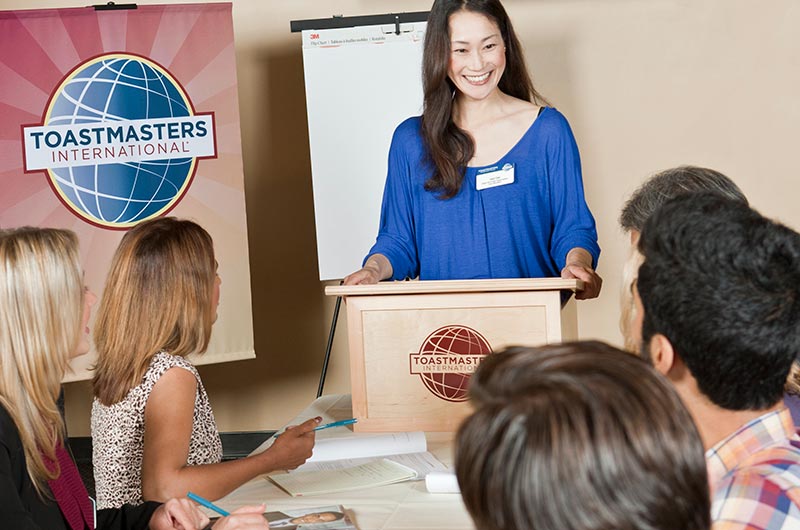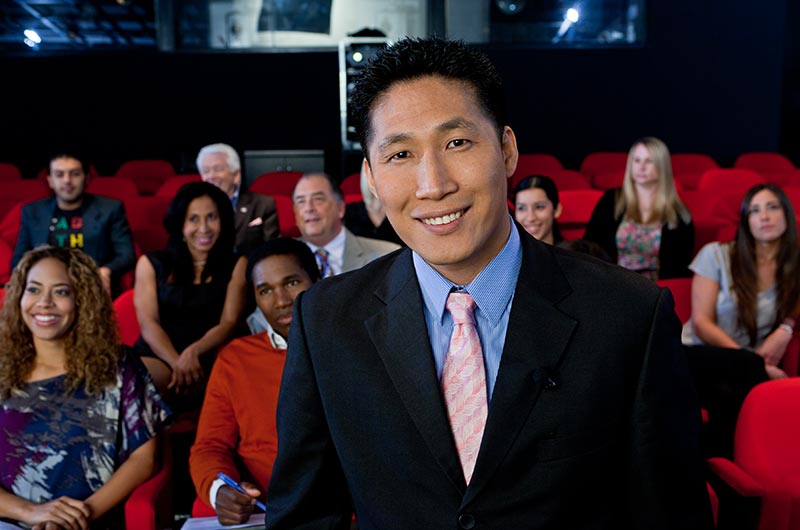This is accomplished by working through dynamic projects that provide real-world, transferable skills in a self-paced program with a supportive, experienced group of people to assist. There is no instructor – it is peer to peer lead. This mutual support will help you become more effective in several skills, including prepared presentations, one-on-one communications, impromptu speaking, managing and participating in meetings, and leading and managing people.
These skills are developed through club meetings, providing opportunities to develop and practice skills in a variety of situations:

Assigned members practice their public speaking skills by giving a prepared presentation (typically 5-7 minutes in length) from one of the 11 paths in the Pathways training system. Each path has a specific objective in an area that helps members practice different speaking techniques and skills. The objectives are designed as guidelines to help you think about the various qualities that comprise a good speech. Some members may be just starting out, while others may be more advanced. Everyone is at a different level and with Toastmasters your goal is to improve your communication. You do that at the pace you are most comfortable.
Club members (and sometimes guests) practice impromptu speaking by responding to Table Topics questions prepared by the Table Topics Master. An impromptu speech should be 1 – 2 minutes in length and consist of an introduction, a body and a conclusion. This exercise teaches you to think on your feet, in a constructive fashion.


Members practice their listening and evaluation skills. Assigned members evaluate the prepared speeches and the meeting as a whole. These evaluations provide feedback on how the evaluators saw the presenters, point out the positive aspects of the speech and give some possible areas for improvement. Good evaluations allow people to grow as communicators and leaders.
In addition to the speeches other members fill a number of roles to help the meeting flow smoothly and improve the quality of the meeting:
